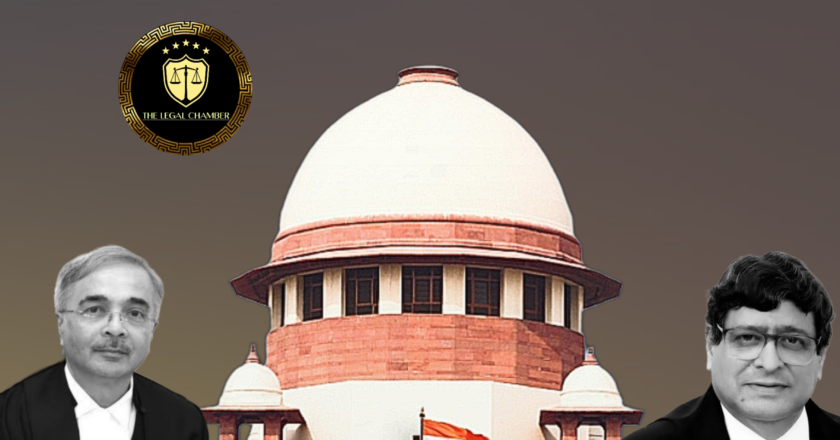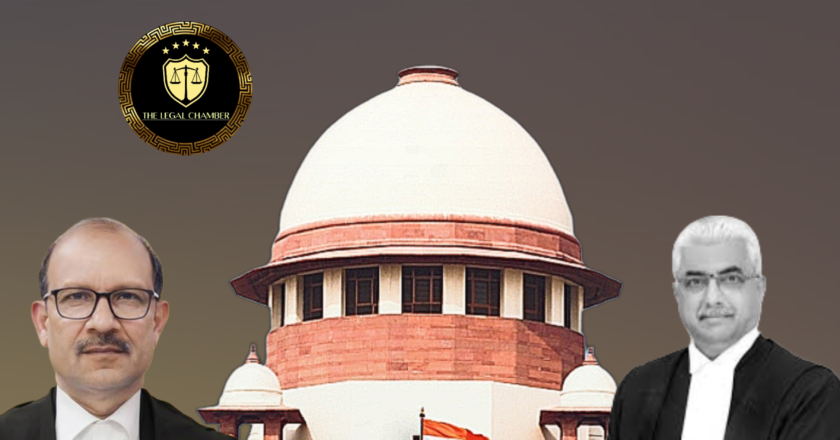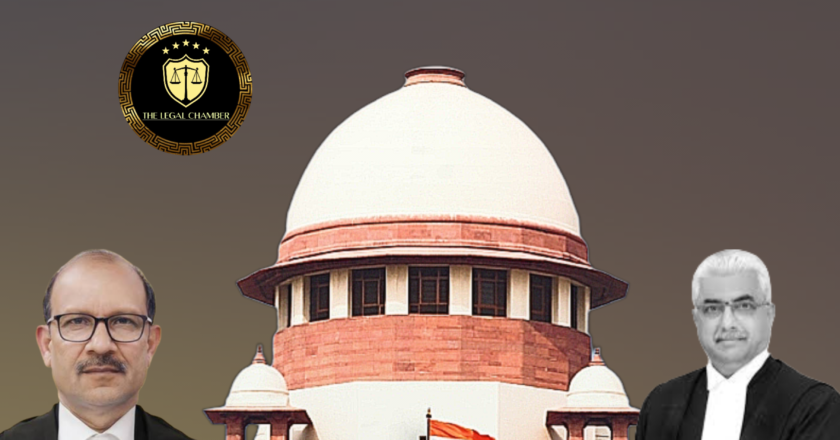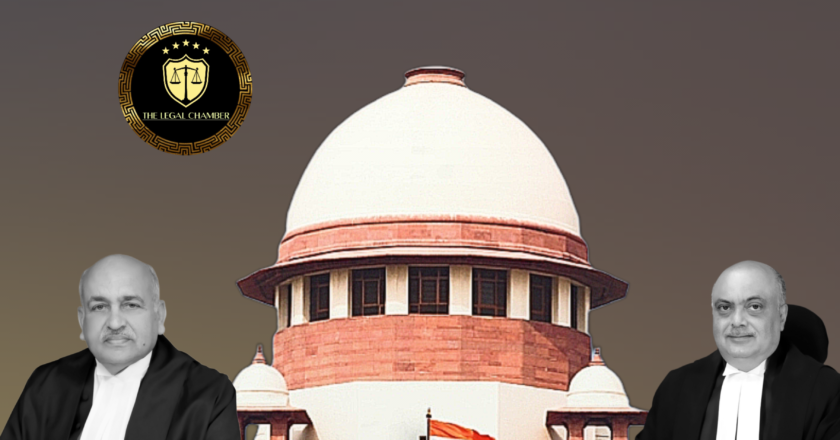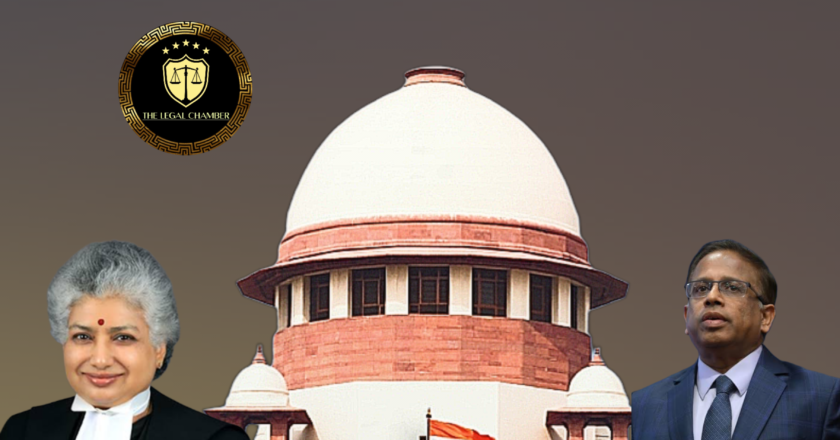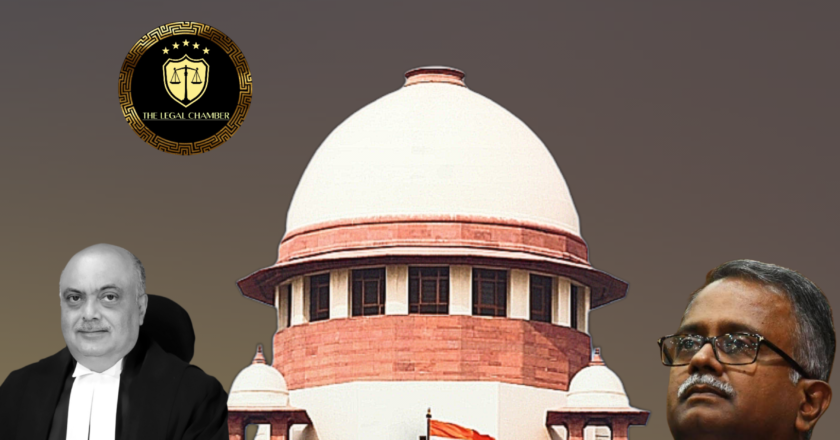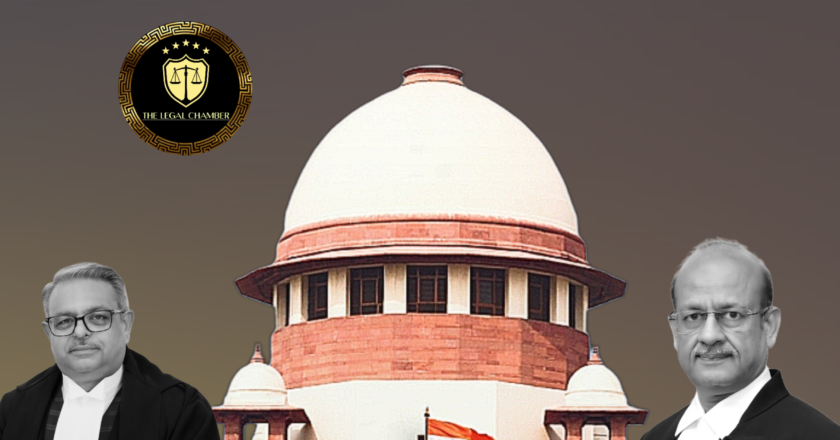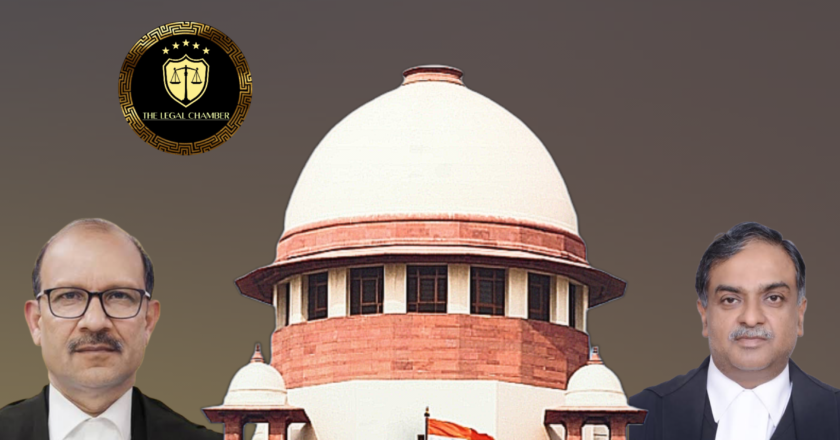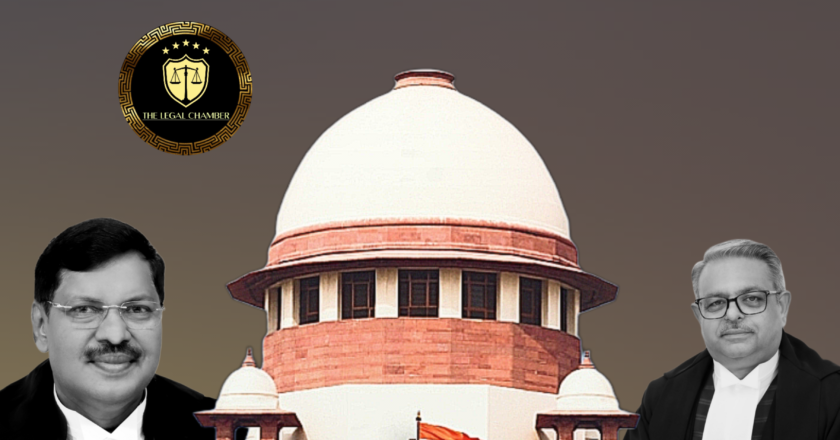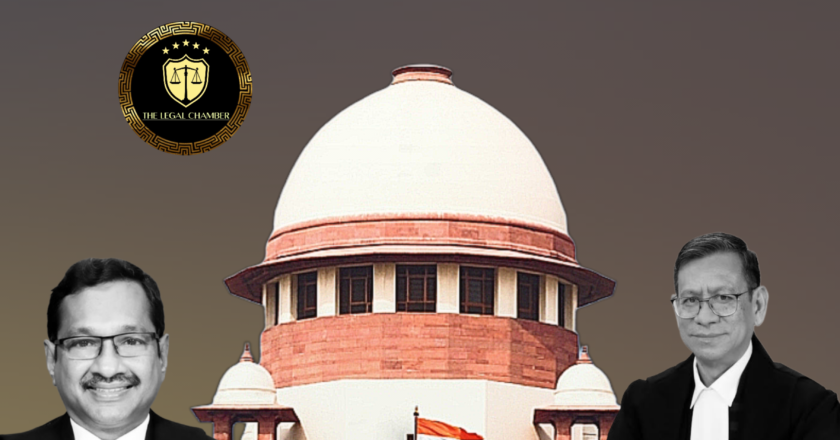Supreme Court Upholds Rape Conviction, Rules Victim’s Testimony Alone Is Enough
The Supreme Court upheld that a rape conviction can be based solely on the sole, credible testimony of the prosecutrix. Corroboration through medical evidence is not a legal necessity. The absence of injuries does not disprove the offense, especially when the victim's account is consistent and inspires confidence.
Facts Of The Case:
On April 3, 2018, at approximately noon, a 15-year-old victim and her 11-year-old brother were alone at their home in Rajnandgaon, Chhattisgarh, as their parents had gone to a nearby village to attend a funeral. The appellant-accused, Deepak Kumar Sahu, who was known to the family and lived in the neighbourhood, entered the house. Finding the victim alone, he sent her younger brother away to buy chewing tobacco. Once the brother left, the accused forced the v...
